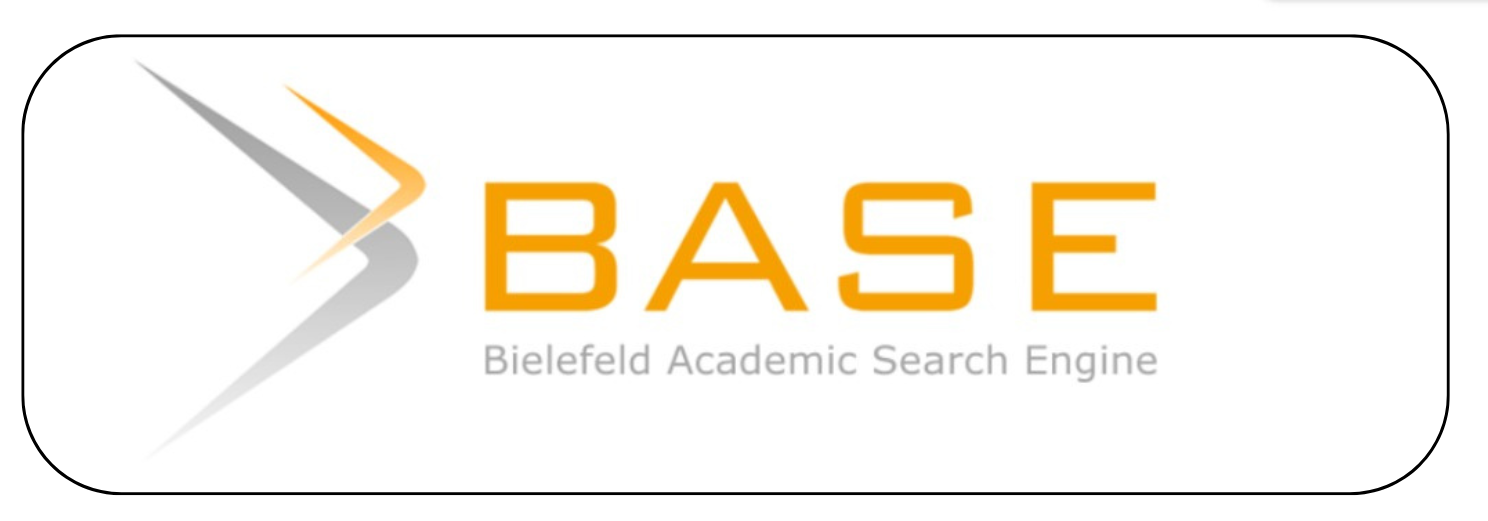An Analysis of Directive Speech Act Utilized in Contemporary Islamic Sermons: A Case Study of Dr. Haifaa Younis’s Sermons
DOI:
https://doi.org/10.61688/jev.v4i2.141Keywords:
Speech Acts Theory, Contemporary Islamic Sermons, Directive Speech Acts, Pragmatics, Religious DiscourseAbstract
Contemporary Islamic sermons are religious speeches or lectures delivered by Muslim scholars, imams, or knowledgeable individuals in the present time. These sermons cover various aspects of the Islamic faith, teachings, ethics, and practical guidance while also addressing contemporary issues and challenges faced by Muslims and society. The objective of contemporary Islamic sermons is to bridge the gap between traditional Islamic teachings and the modern context by providing relevant insights and perspectives that resonate with the current generation. These sermons often touch on topics such as spirituality, moral values, social justice, family life, personal development, community engagement, and addressing contemporary societal challenges. The present study aims to analyze the selected Islamic sermons delivered by Dr. Haifaa Younis which examines the use of directive speech acts within the speeches. Directive speech acts, according to Searle, occur when the speaker expects the listener to take a specific action. These can take various forms, such as advice, commands, orders, questions, or requests. The research data for this study were obtained from Dr. Haifaa Younis's YouTube channel, specifically from the sermons, which were transcribed verbatim for analysis purposes. The study adopts a qualitative approach, utilizing descriptive interpretative techniques to analyze the data. The researcher examined the verbatim transcripts of the selected sermons, identified the instances of directive speech acts, and explained the phenomena using pragmatic theories.
Downloads
Downloads
Published
How to Cite
Issue
Section
License
Copyright (c) 2023 Nur Iylia Mohd Noor Be

This work is licensed under a Creative Commons Attribution 4.0 International License.












